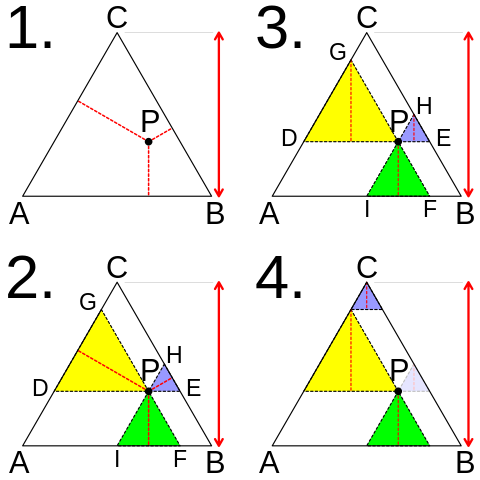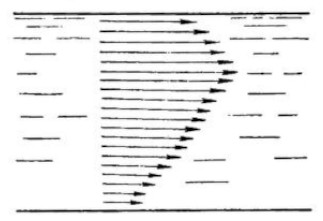
It must, I think, be allowed, that if a very limited intelligence, whom we shall suppose utterly unacquainted with the universe, were assured, that it were the production of a very good, wise, and powerful Being, however finite, he would, from his conjectures, form beforehand a different notion of it from what we find it to be by experience; nor would he ever imagine, merely from these attributes of the cause, of which he is informed, that the effect could be so full of vice and misery and disorder, as it appears in this life. Supposing now, that this person were brought into the world, still assured that it was the workmanship of such a sublime and benevolent Being; he might, perhaps, be surprised at the disappointment; but would never retract his former belief, if founded on any very solid argument; since such a limited intelligence must be sensible of his own blindness and ignorance, and must allow, that there may be many solutions of those phenomena, which will for ever escape his comprehension. But supposing, which is the real case with regard to man, that this creature is not antecedently convinced of a supreme intelligence, benevolent, and powerful, but is left to gather such a belief from the appearances of things; this entirely alters the case, nor will he ever find any reason for such a conclusion. He may be fully convinced of the narrow limits of his understanding; but this will not help him in forming an inference concerning the goodness of superior powers, since he must form that inference from what he knows, not from what he is ignorant of. The more you exaggerate his weakness and ignorance, the more diffident you render him, and give him the greater suspicion that such subjects are beyond the reach of his faculties. You are obliged, therefore, to reason with him merely from the known phenomena, and to drop every arbitrary supposition or conjecture.
— David Hume, Dialogues Concerning Natural Religion, 1779





